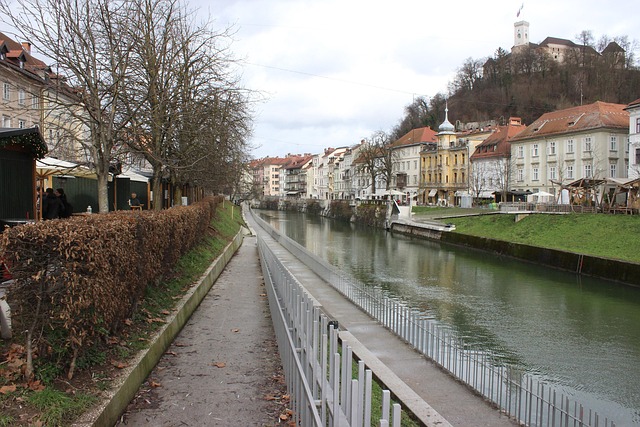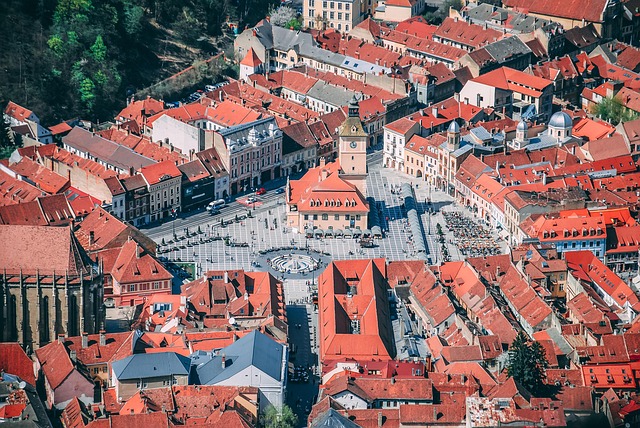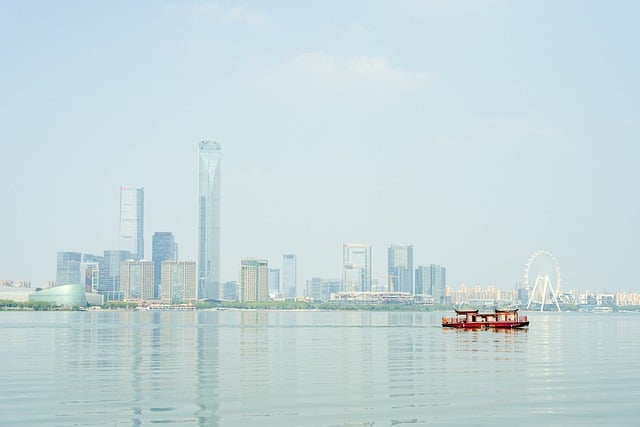Karachi's Saddar Town grapples with severe solid waste management issues due to high population density and rapid urban development. Overwhelming organic waste, plastics, and recyclables require innovative solutions like recycling promotion, reduced landfill use, and responsible disposal practices. Challenges include inadequate infrastructure, inefficient collection methods, and public ignorance. However, the area has seen success through smart trash bins, community initiatives, and advanced technologies, improving efficiency and fostering sustainability. Collaborative efforts between residents, government, and non-profits, coupled with technological advancements, promise a cleaner, greener future for Saddar Town and Karachi as a whole.
In the heart of Karachi, Saddar Town faces significant waste management challenges. This article delves into the complex landscape of solid waste disposal in this bustling metropolis, exploring its current state, the barriers hindering efficient management, and innovative solutions adopted. We discuss the role of community engagement in fostering positive change and outline future prospects for a cleaner, more sustainable Saddar Town. By understanding the issues, we can work towards a harmonious balance between urban life and environmental stewardship in Karachi.
- Understanding Waste Management in Saddar Town, Karachi
- The Current State of Solid Waste Disposal
- Challenges and Barriers to Efficient Management
- Innovative Solutions and Best Practices
- Community Engagement and Future Prospects
Understanding Waste Management in Saddar Town, Karachi

Saddar Town, a vibrant and bustling area in Karachi, presents unique challenges when it comes to waste management. With a high population density and fast-paced urban lifestyle, effective disposal and recycling systems are essential for maintaining a clean and healthy environment. Understanding the complex web of waste generation, collection, and treatment processes is crucial in addressing the city’s ever-growing waste needs.
Karachi, as a metropolitan center, generates a substantial amount of solid waste daily, comprising domestic, commercial, and industrial categories. Navigating this waste landscape requires strategic initiatives to promote recycling, minimize landfill contributions, and encourage responsible disposal practices among residents and businesses alike. By adopting innovative solutions and fostering community engagement, Saddar Town can work towards a more sustainable future, ensuring a cleaner and greener urban environment for its inhabitants.
The Current State of Solid Waste Disposal

In Karachi, the current state of solid waste disposal is a pressing issue that demands immediate attention. The bustling metropolis generates an enormous amount of waste daily, primarily consisting of organic matter, plastics, and recyclables. However, the city’s waste management system has been struggling to keep up with this growing challenge. Landfills are overflowing, and improper dumping in open spaces has become a common sight, causing significant environmental pollution and health hazards for residents.
The current practices often involve sporadic collection by municipal workers, leading to unsanitary conditions and attracting pests. Moreover, the lack of efficient segregation facilities makes it difficult to recycle or reuse materials, contributing to Karachi’s mounting waste problem. This situation necessitates innovative solutions and a rethinking of waste management strategies to ensure a cleaner, healthier future for this vibrant city.
Challenges and Barriers to Efficient Management

In Saddar Town, Karachi, efficient waste management faces significant challenges and barriers. One major obstacle is the lack of adequate infrastructure, including poorly designed dumping sites and collection routes that fail to cover all areas effectively. This results in uncontrolled disposal of waste, leading to environmental pollution and health hazards for residents. Additionally, the absence of a centralized waste management system contributes to inefficiencies, as different areas have varying methods of waste collection and treatment.
Another hurdle is the issue of inadequate staffing and equipment. The city’s waste management departments often lack sufficient personnel and modern machinery required to manage growing volumes of waste, especially from densely populated areas. Illegal dumping and public ignorance about proper waste segregation also hamper progress. To address these challenges, Karachi needs a comprehensive strategy involving infrastructure upgrades, technological interventions, strict enforcement of waste management policies, and public awareness campaigns.
Innovative Solutions and Best Practices

In Karachi, Saddar Town has been at the forefront of embracing innovative solutions in waste management. The introduction of smart trash bins equipped with sensors and internet connectivity allows for real-time monitoring of waste levels, optimizing collection routes and reducing operational costs. Additionally, these bins can provide valuable data on waste composition, enabling more effective recycling programs tailored to local needs.
Best practices in the area include community-driven initiatives where locals actively participate in clean-up drives and segregation of recyclables at source. Collaboration between the municipal corporation and private waste management companies has also significantly improved collection efficiency. The adoption of advanced technologies like compactor trucks for compressing waste before transportation reduces volume, lowers transportation costs, and minimizes environmental impact. These practices not only enhance aesthetics but also foster a culture of sustainability among Saddar Town residents.
Community Engagement and Future Prospects

Community engagement plays a pivotal role in the success of any waste management initiative, especially in areas like Saddar Town, Karachi. Through active involvement, residents can gain a deeper understanding of the environmental impact of their actions and become empowered to make positive changes. Educational programs, workshops, and awareness campaigns can help dispel myths about waste disposal and recycling, fostering a culture of responsibility and sustainability. Moreover, community-driven efforts can lead to innovative solutions tailored to local needs and challenges, enhancing the effectiveness of waste management strategies.
Looking ahead, the future prospects for Saddar Town’s waste management are promising. With continued engagement and collaboration between residents, local government, and non-profit organizations, there is potential for significant improvements in recycling rates, reduced litter, and a cleaner, healthier environment. Implementing technology and data-driven approaches can optimize collection routes, enhance sorting facilities, and improve overall efficiency. Additionally, exploring circular economy models could revolutionize waste management in Karachi, transforming discarded materials into valuable resources while creating new economic opportunities.
Saddar Town, Karachi, faces significant challenges in waste management, as highlighted throughout this article. The current system is overwhelmed by rapid urbanization and inadequate infrastructure. However, by addressing barriers through innovative solutions like decentralized waste treatment and promoting community participation, there’s a promising future for sustainable practices. Embracing best global practices and local initiatives can transform Karachi into a cleaner, healthier city with reduced environmental impact.

Leave a Reply